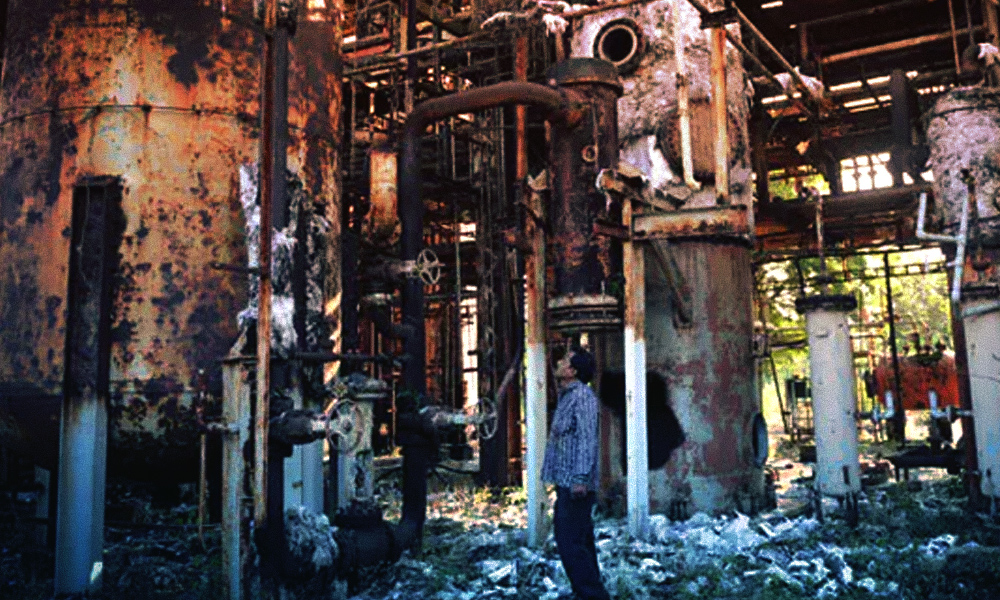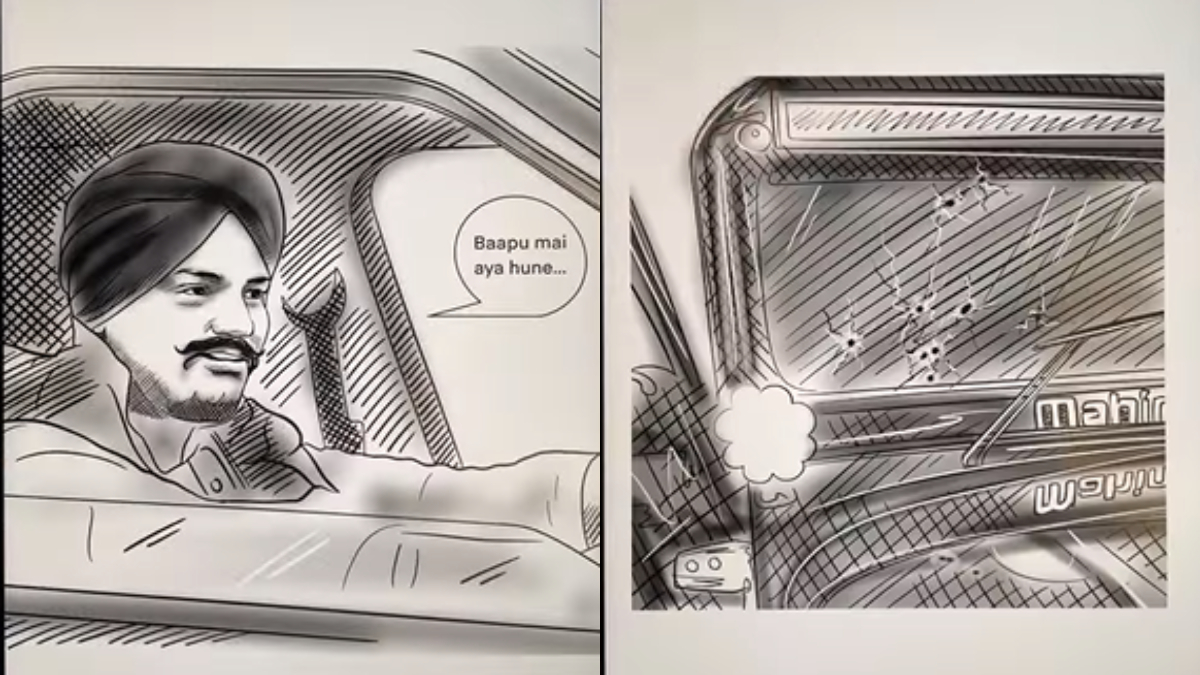Bhopal Gas Tragedy
The Bhopal Gas Tragedy, which occurred in Bhopal, India, on December 2-3, 1984, is one of the most devastating industrial disasters in history. It resulted in the deaths of over 3,000 people and left thousands more injured, with long-term health effects.
The incident took place at a pesticide plant owned by Union Carbide India Limited (UCIL), a subsidiary of the American multinational corporation Union Carbide Corporation (UCC). The plant had been built in the 1970s to produce a pesticide called Sevin (carbaryl), which was widely used in agriculture.
On the night of December 2, 1984, a toxic gas called methyl isocyanate (MIC) leaked from one of the storage tanks at the plant. The gas quickly spread over the surrounding areas, affecting the nearby densely populated neighborhoods of Bhopal.
The immediate effects of the gas leak were catastrophic. Thousands of people died within hours, while tens of thousands more were affected by the toxic gas, which caused severe respiratory problems, blindness, and other health issues. Many of the victims were children and elderly people, who were more vulnerable to the effects of the gas.
In the aftermath of the tragedy, the Indian government and UCC came under intense criticism for their handling of the situation. The government was accused of not doing enough to warn and protect the local population, while UCC was criticized for its inadequate safety measures and slow response to the disaster.
The long-term effects of the gas leak have been equally devastating. Many of the survivors have suffered from chronic health issues, including respiratory problems, neurological disorders, and mental health problems. The polluted soil and groundwater around the site of the plant have also caused long-term environmental damage.
The Bhopal Gas Tragedy remains a painful reminder of the devastating consequences of industrial accidents and the importance of strong safety regulations and responsible corporate behavior. Despite the many years that have passed since the tragedy, many of the victims and their families are still fighting for justice and compensation, and the legacy of the disaster continues to affect the lives of many people in Bhopal and beyond.





No comments:
Post a Comment